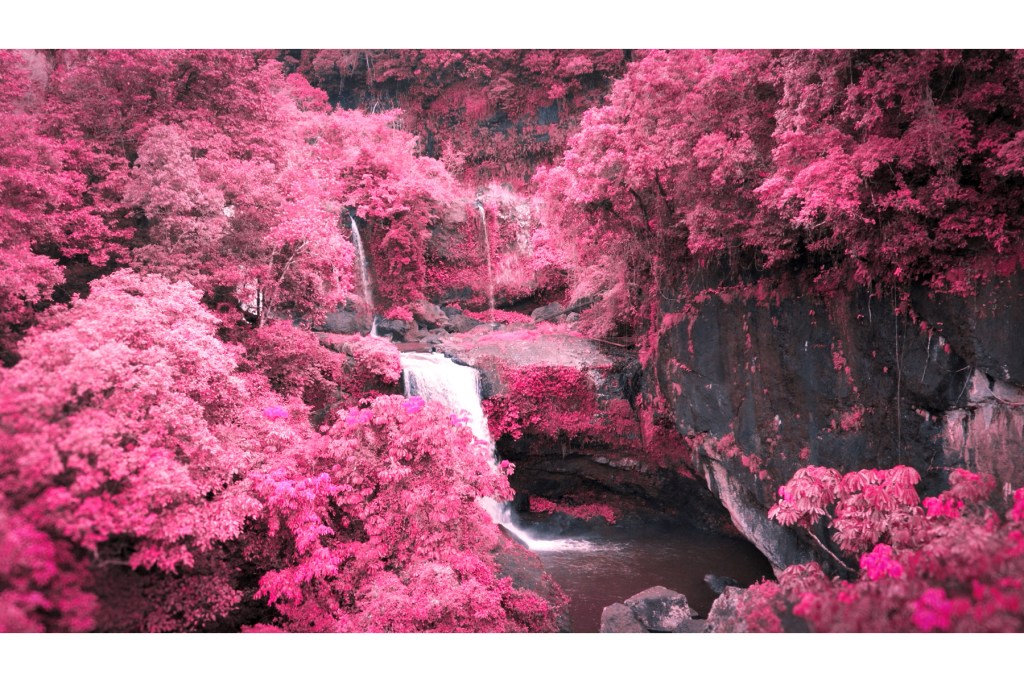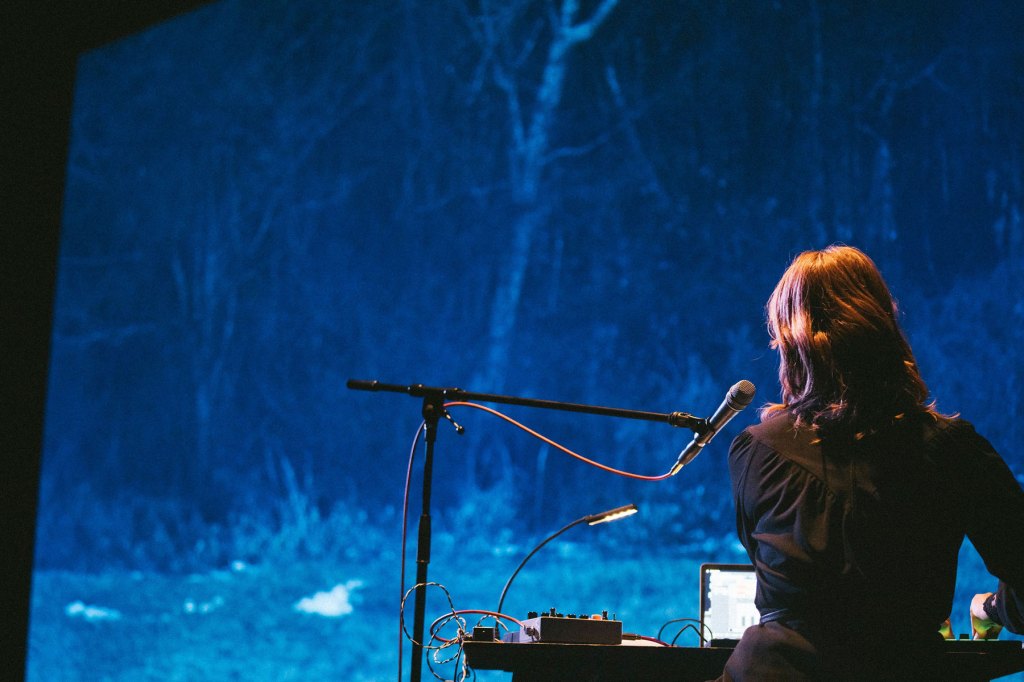From science fiction to the wild west of Kazakhstan – experience rare and acclaimed films at QAGOMA’s Asia Pacific Triennial Cinema
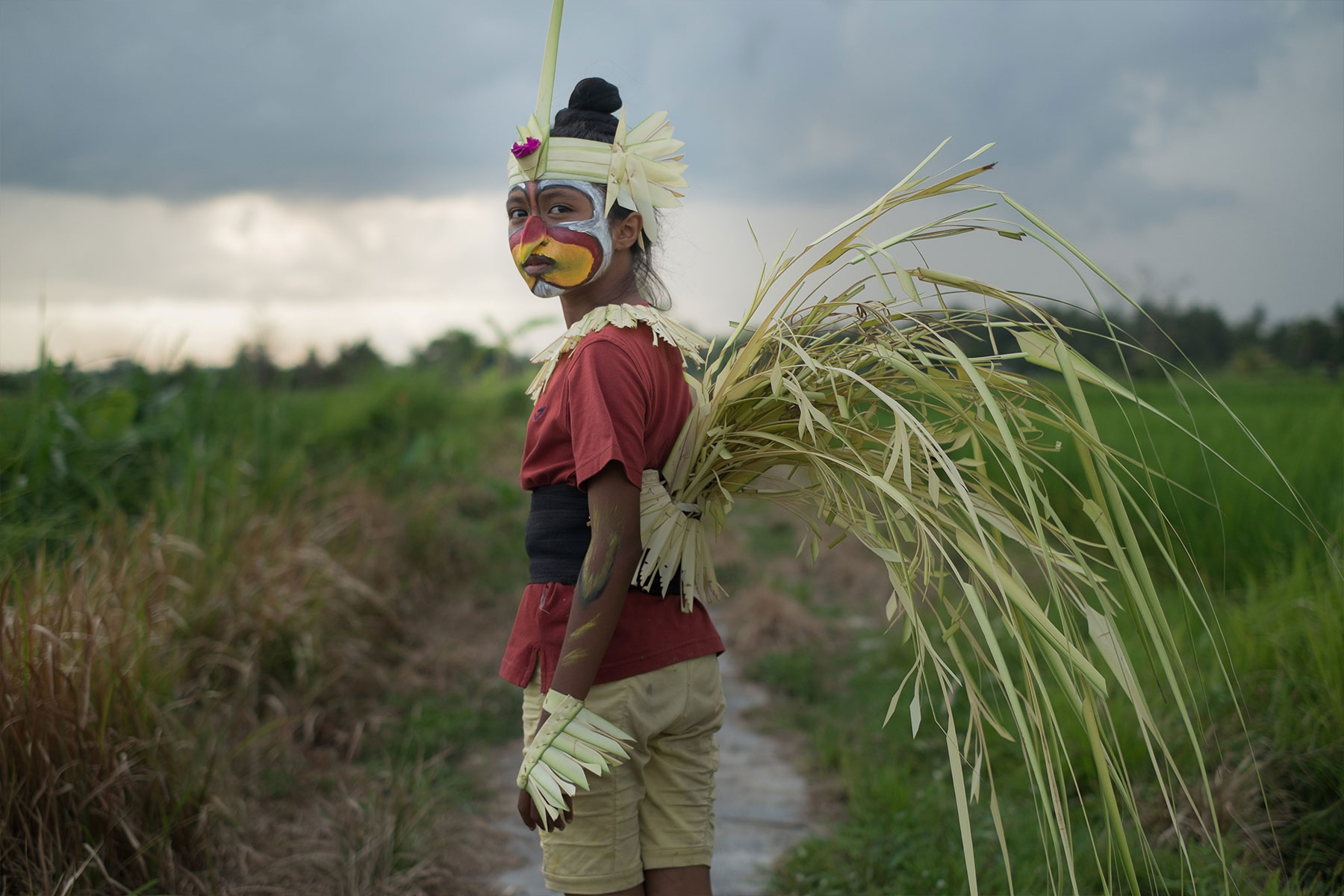
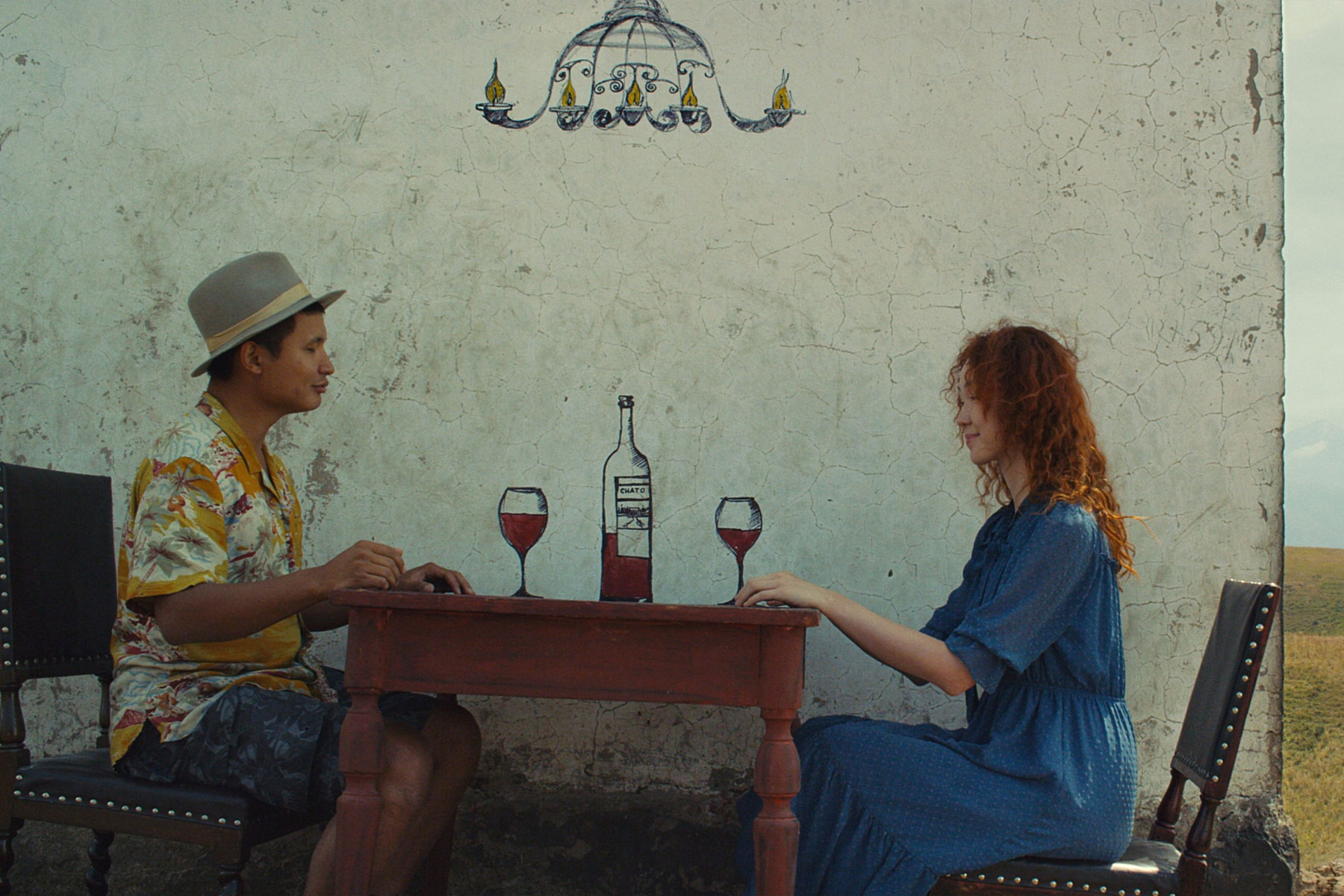
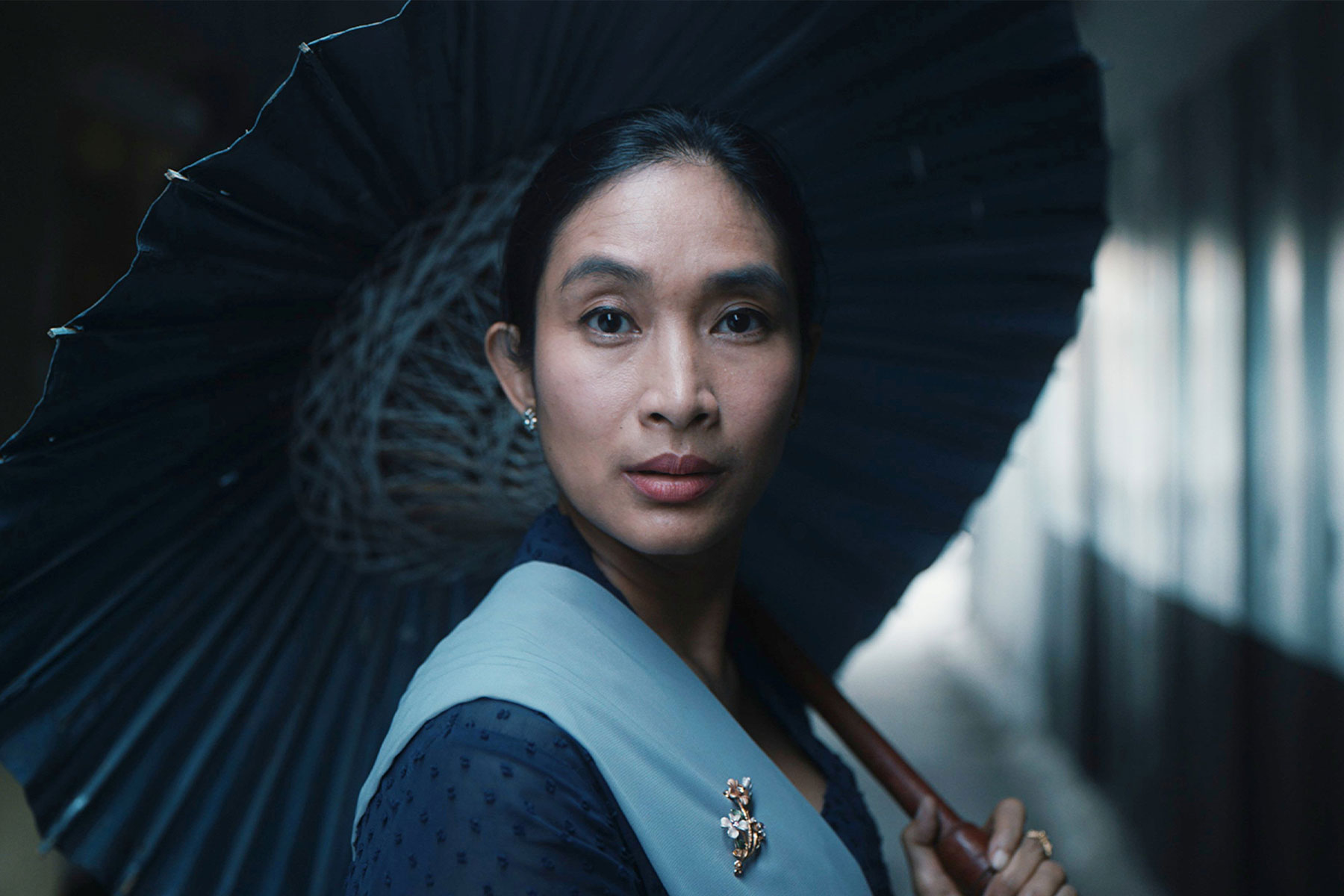
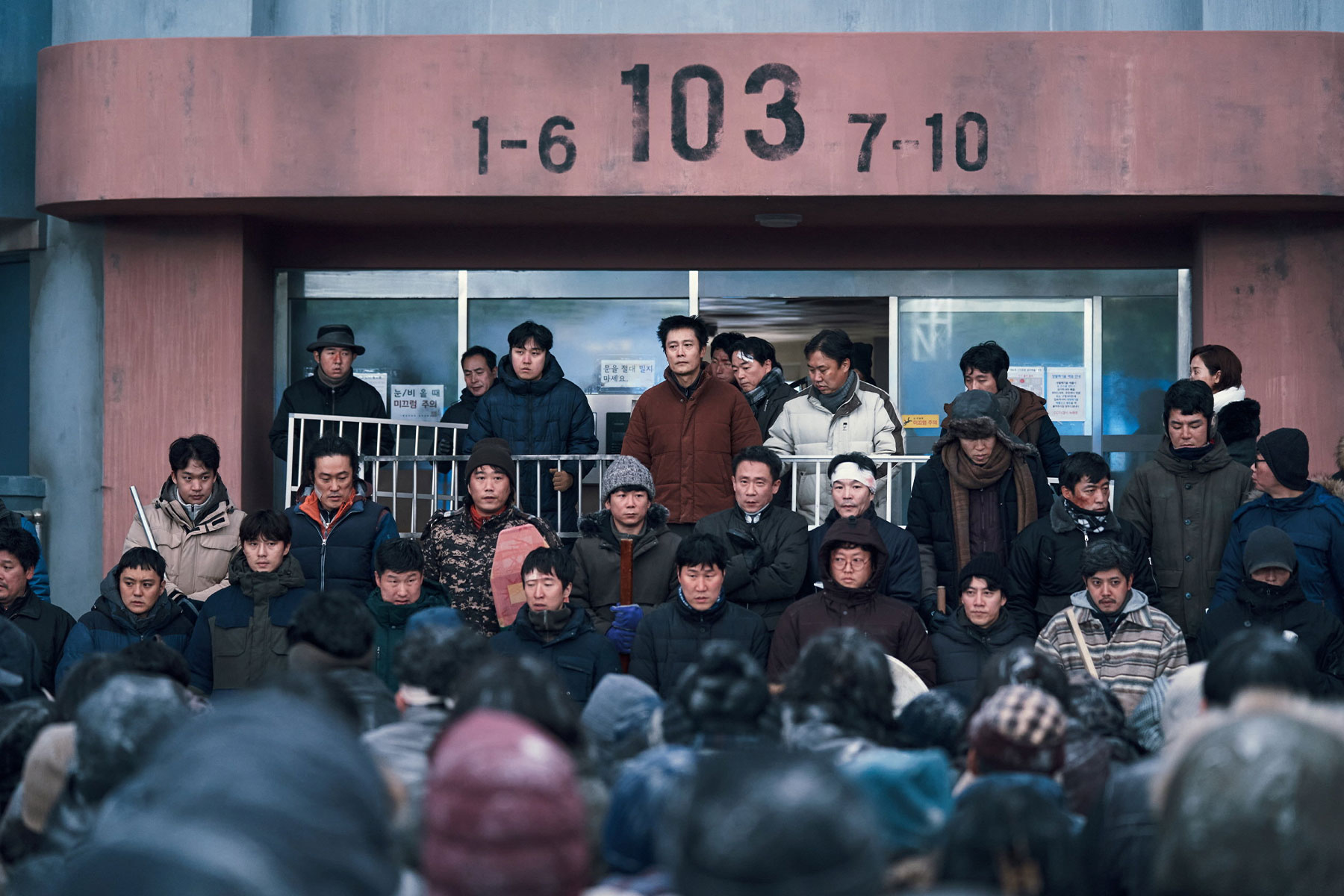
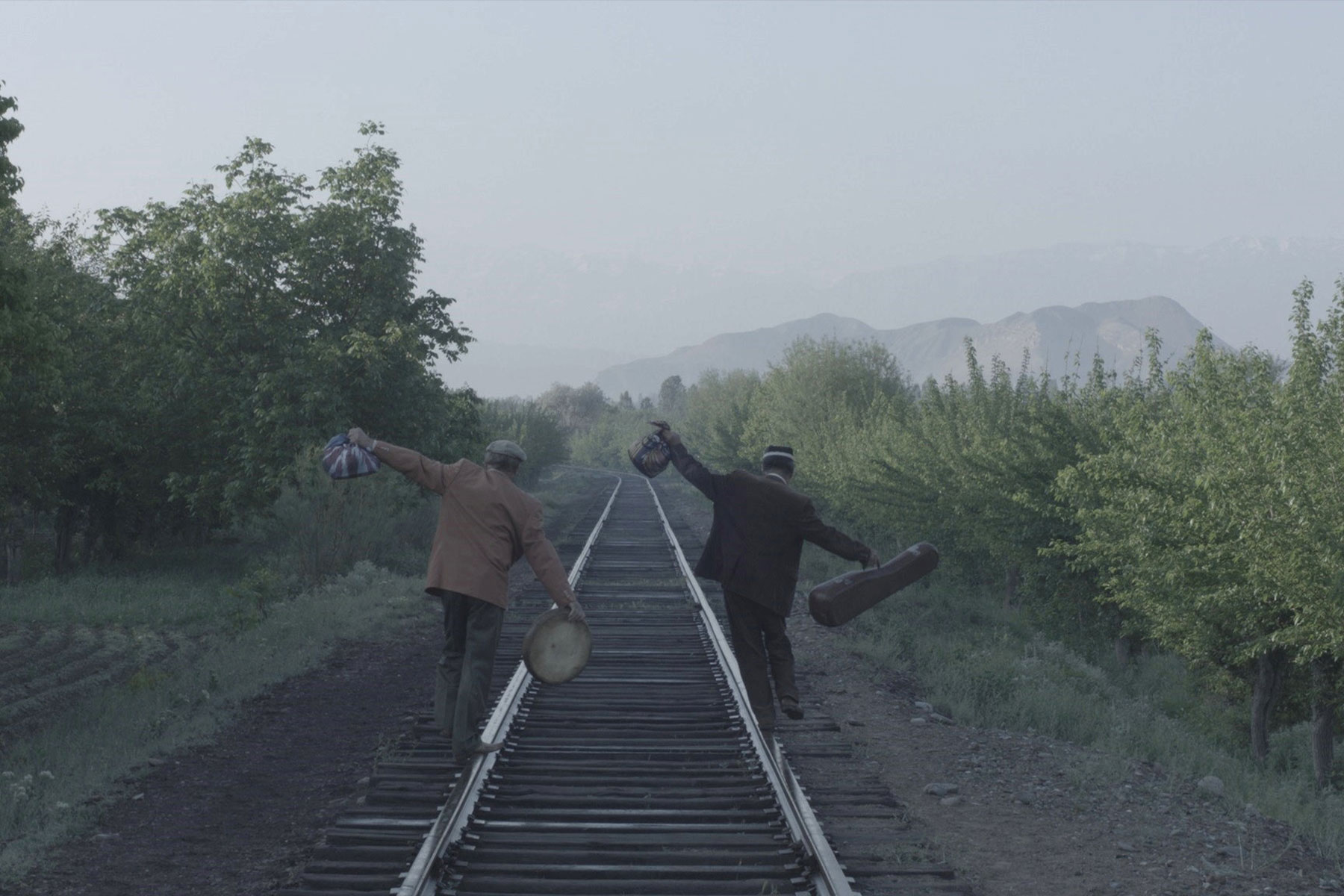
While the Asia Pacific Triennial of Contemporary Art continues to fill QAGOMA with a stunning showcase of artworks from the region’s finest established and emerging artists, GOMA’s Australian Cinémathèque is getting in on the fun with Asia Pacific Triennial Cinema. Presented in conjunction with the eleventh edition of the world-class exhibition, Asia Pacific Triennial Cinema includes thematic programs, filmmaker deep dives, conversation series and a live-music and film event. With over 110 feature, documentary and short films on offer, there are plenty of opportunities to dip your toes into the exciting world of Asian and Pacific cinema.
“From astute observations of the human condition to feel-good frivolity, Asia Pacific Triennial Cinema explores the passage of time and takes cinemagoers on an unforgettable journey across a culturally diverse region,” says QAGOMA director Chris Saines.
Running from January 10 to March 16, Future Visions presents a geographically diverse selection of films by creatives who weave science fiction with heritage traditions and ancestral stories, crafting poignant contemporary tales. This program includes Um Tae‑hwa’s unconventional disaster film Concrete Utopia (2023), where a single apartment building is left standing in Seoul, and Makoto Shinkai’s magical anime Suzume (2022), in which a giant interdimensional ‘worm’ must be stopped.
Kamila Andini, running from January 11 to February 8, delves into the cinematic prowess of Indonesian director Kamila Andini. Kamila’s poetic and fantastical films explore major sociocultural topics and masterfully depict nuanced familial relationships. Must-see films include Before, Now & Then (2022), a stirring tale of a woman’s escape from an unhappy marriage during political upheaval; and Sekala Niskala (The Seen and Unseen) (2017), a magical realist exploration of grief deeply infused with Balinese spirituality and culture. On Saturday 8 February to mark the end of the program, Kamilia Andini will appear in conversation at GOMA discussing her work.
Charting recent developments in filmmaking from Central Asian countries including Kazakhstan, Kyrgystan, Uzbekistan and Tajikistan, Children of Independence: The Rise of Central Asian Cinema (February 12 – March 19) will showcase acclaimed films rarely screened in Australia. This includes Adilkhan Yerzhanov’s Sary mysyq (Yellow Cat) (2020), an irreverent depiction of the ‘wild west’ of Kazakhstan’s rural steppe, and This is What I Remember (2022), an arresting vision of the power of familial love by director Aktan Arym Kubat.
You might like
On April 24 and 26, Japanese director Ryusuke Hamaguchi’s Gift (2023) will screen with live music accompaniment from musician-composer Eiko Ishibashi. A collaboration between the two, Hamaguchi reworks footage from his 2023 film Evil Does Not Exist into a new dialogue-free film exclusive to this audiovisual performance.
This live-music and film event is part of the Ryusuke Hamaguchi program which will close out the Asia Pacific Triennial Cinema on Sunday May 11. An astute observer of the human condition, Hamaguchi makes piercing and droll films that explore the performance of self, the unknowable nature of others’ inner lives, and the joys and impossibilities of connection in the modern world. Highlights include Hamaguchi’s Academy Award-winning feature film Drive My Car (2021), an adaption of a Haruki Murakami short story, and Happy Hour (2015) a five-hour chronicle of the lives of four women in their thirties.
Prepare for a journey through new cinematic perspectives and head on over to the QAGOMA website for more information on Asia Pacific Triennial Cinema’s films and screening times.
This article was written in partnership with our friends at QAGOMA.
